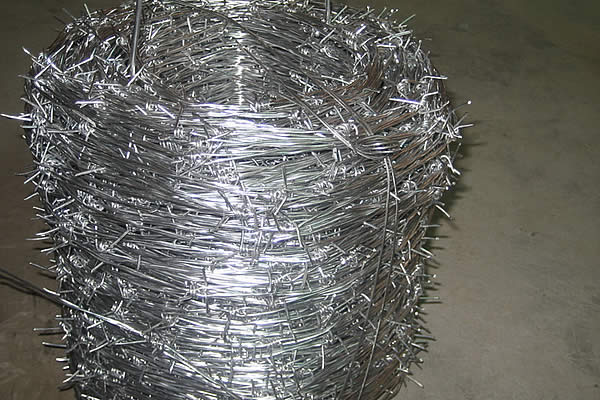 TEL:
+86-13102802206
TEL:
+86-13102802206
 Email:
fencenetting@china.com
Email:
fencenetting@china.com
 Language
Language
 TEL:
+86-13102802206
TEL:
+86-13102802206
 Email:
fencenetting@china.com
Email:
fencenetting@china.com
 Language
Language


The Versatility of Gabion Helical Wire in Modern Landscaping and Engineering
Gabions, wire mesh containers filled with rock, concrete, or soil, have been utilized in civil engineering and landscaping for centuries. One of the key components that enhance the effectiveness and versatility of gabions is the helical wire. This innovative design feature offers considerable advantages in construction, erosion control, and aesthetic applications.
Understanding Gabion Helical Wire
Gabion helical wire refers to the twisted, spiral configuration of wire used in the construction of gabion baskets. Unlike traditional straight wires, helical wires provide several benefits due to their structural properties. The spiral design allows for increased flexibility and strength, making it easier to create baskets that can withstand various environmental conditions.
In designing gabions, helical wire can be produced from different materials, including galvanized steel and PVC-coated wire, ensuring durability and resistance to corrosion. This adaptability allows gabions to be utilized in numerous applications, from retaining walls and flood control to decorative features in landscaping projects.
Applications of Gabion Helical Wire

1. Erosion Control One of the primary applications of gabions with helical wire is in erosion control. By stabilizing soil and rock matrixes, these structures can prevent landslide occurrences and protect riverbanks. Their porous nature allows water to flow through, minimizing water pressure buildup and reducing the risk of failure in various terrains.
2. Retaining Walls Gabion walls support earth structures and provide a robust solution for retaining walls. The helical wire enhances the integrity of these walls, allowing them to hold back large amounts of soil while simultaneously promoting drainage, which is critical in high-water areas.
3. Aesthetic Landscaping Beyond functional purposes, gabion helical wire baskets can be employed for decorative elements in landscaping. They can be filled with colorful stones or reclaimed materials, creating visually appealing structures that blend seamlessly with the natural environment. Garden boundaries, seating walls, and artistic installations made from gabions can add character and charm to outdoor spaces.
4. Environmental Benefits The usage of gabions with helical wire also promotes sustainability. They offer a method of utilizing locally sourced materials for construction and help to integrate with the surrounding ecosystem, providing habitats for local wildlife. Additionally, the porous nature of gabion structures promotes groundwater recharge and minimizes runoff.
Conclusion
Gabion helical wire represents a significant advancement in the field of construction and landscape architecture. Its unique properties make it an excellent choice for a wide range of applications, from practical erosion control to aesthetic landscaping solutions. As we continue to seek sustainable and effective building practices, gabions filled with helical wire will undoubtedly remain at the forefront of innovative construction techniques. By leveraging the strength and flexibility of helical wire, engineers and landscape architects can create resilient structures that not only serve functional purposes but also enhance the beauty of our environments.